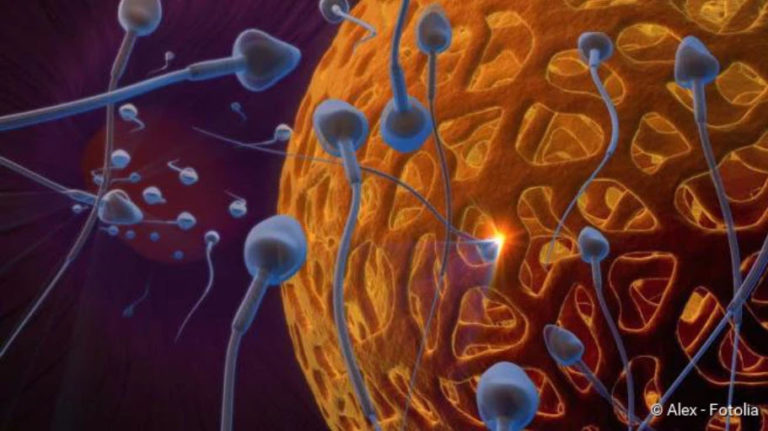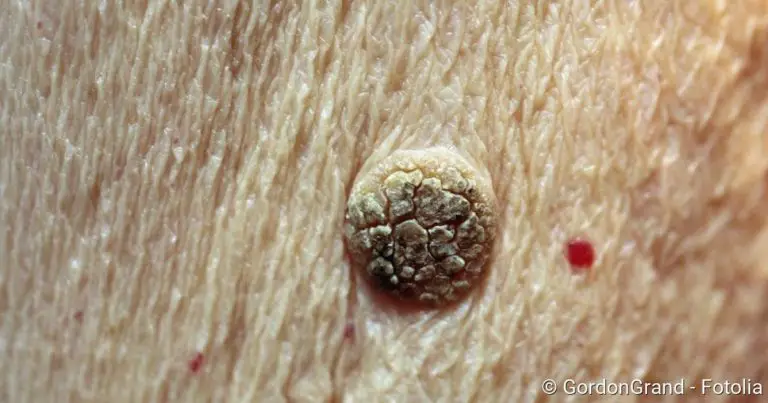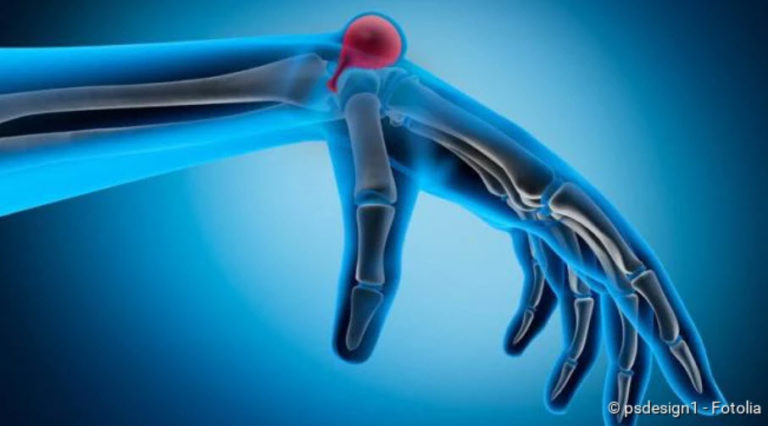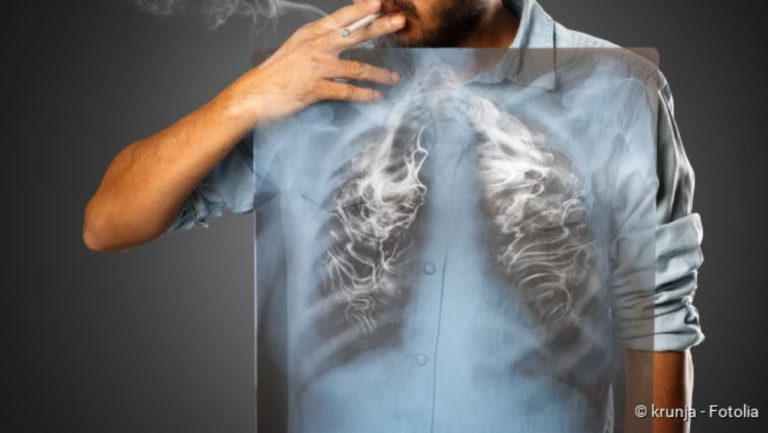Insect bites: Appearance, complications, Prevention, Inflammation
Insect bites: Appearance, Complications, Prevention, Inflammation
Insect bites you get mainly in the summer half of the year (Source). They are usually only unpleasant but can be life-threatening for people with an allergy to insect venom (Source). What happens in the body? What causes the swelling at the injection site? Why do mosquito bites itch? And what is the best way to treat insect bites? You can find answers to these and other questions here!
ICD codes for this disease: T63
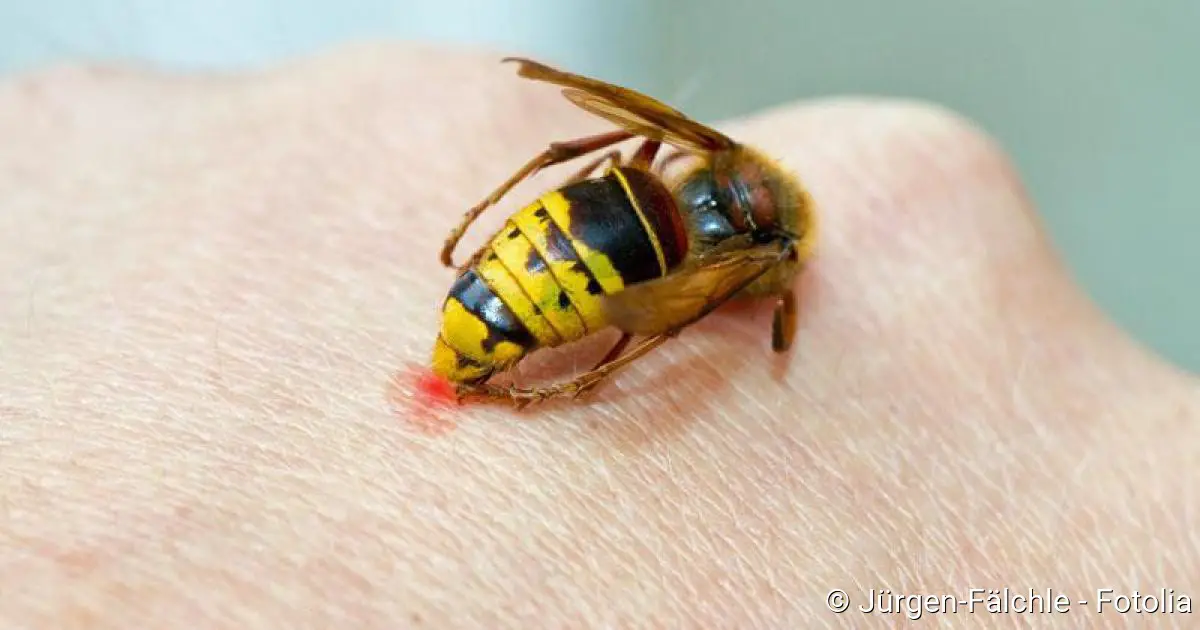
Description
Insect bites occur mainly in the summer segment of the year when people spend a lot of time outside and it is warm enough for the insects (Source). However, you can also get itchy mosquito bites in the winter, when the weather is very mild so that mosquitoes hatch out of their eggs (Source). By the way, mosquitoes usually prefer twilight or the night, while many other insects such as wasps and bees are mainly active during the day (Source).
Insect bites: Importance for medicine
In medicine, insect bites are important because they can transmit diseases or toxins and trigger allergic reactions. In most western countries, however, insect bites do not usually transmit diseases. Exceptions we found, are Paraguay, southern Brazil, and northern Argentina with the dengue disease in the summer of 2020.
Wasp stings, bee stings, and hornet stings can be very dangerous and even fatal in the case of an insect poison allergy or a sting in the mouth and throat. Mosquito bites and horsefly bites, on the other hand, are considered harmless, even if annoying.
The transmission of disease through insect bites is primarily due to mosquitoes worldwide. There are different types of mosquitoes in which different pathogens survive. In the tropics, for example, these include the pathogens of malaria, dengue fever, and yellow fever. In addition, bites of the tsetse fly or sand fly can cause sleeping sickness and leishmaniasis in the tropics.
Symptoms Of Insect Bites
Wasp stings, bee bites, and hornet bites often cause pain, while mosquito bites are itchy. In general, three stages of an insect bite reaction can be distinguished:
- Local reaction with redness, swelling, and itching, which clearly subsides again within 24 hours. The affected skin area is no larger than ten centimeters.
- Large local reactions affecting a larger area of skin than the simple local reaction. Swelling of the surrounding joints, dizziness, and nausea are also possible.
- An allergic reaction to insect venom allergy, which can lead to shortness of breath and be life-threatening.
Insect bites: swelling
You can read all about the swelling caused by insect bites under Insect Stings: Swelling.
Insect bites: Inflammation
Everything important about inflamed insect bites can be found right below at the end of the article: Insect bites: Inflammation.
Insect bites in the mouth and throat
Insect bites in the mouth and throat can be life-threatening. The mucous membrane can swell and thus constrict or completely block the airways. There is a danger of suffocation! You can recognize insect bites in the mouth and throat area:
- sudden pain in the mouth after eating or drinking
- rapid swelling of the lips and/or tongue
- possible whistling or snorkeling breath sound
- Shortness of breath
Causes and risk factors For Insect Bites:
Insects bite people because they either need human blood as food or defend themselves. The reason for the symptoms at the bite site (swelling, redness, itching) are inflammatory substances in the insects’ saliva such as biogenic amines and kinins. They act on the muscles of blood vessels and the surrounding tissue. In this way, they trigger an inflammatory reaction, which in most cases is limited to the area surrounding the bite.
In bees, the sting is stuck in the wound with a poison sac. After the sting, the bee dies. Wasps, on the other hand, can sting several times. They can also attract other conspecifics by means of alarm scents. Wasps can also carry away bacteria that lead to an inflammation of the sting.
If you have already been stung by a certain insect in the past (e.g. bee, wasp), it is possible that an insecticide allergy has developed as a result. In this case, your immune system will react more strongly to the poison when a second sting occurs. The reaction can then spread to the entire body.
Examinations and diagnosis
Usually, insect bites are harmless and do not require a doctor’s visit. However, if you feel bad or have a fever after an insect bite, you should see your family doctor. The same applies if the reaction to the bite spreads on / in the body or if there is an infected insect bite. If a severe allergic reaction or shortness of breath develops, the emergency doctor must be alerted immediately!
The doctor first asks the patient (or any accompanying persons, for example, children with an insect bite) in detail about their medical history (anamnesis). Among other things, he asks the following questions:
- When were you stung?
- What animal did you get stung by?
- Do you have a fever?
- Have you had any allergic reactions to insect bites in the past?
Then he examines the insect bite. He looks at it closely and checks, among other things, whether pus can be seen at the bite. He also examines the lymph nodes and joints that are located near the bite. In doing so, he pays attention to possible swellings.
If the doctor fears that the insect bite may have transmitted pathogens, he will take blood samples and have them tested in the laboratory for the relevant pathogens.
Treatment Of Insect Bites
What you can do against insect bites, you can read in the article Treating insect bites.
Insect bites: Home remedies
You can find out which home remedies help against insect bites under Home remedies against insect bites.
Course of Disease and Prognosis
In Europe and the United States, most insect bites are harmless. If you are not allergic to the insect venom, bee bite, wasp bite, hornet bite, bumblebee bite, mosquito bite, etc. will heal without consequences after a few days. Rarely do more pronounced reactions occur, which need a little more time for recovery. Even a horsefly bite often heals a little slower. This is because the horsefly leaves a larger lesion in the skin than the other insects.
In people who are allergic to insect venom, an insect bite can cause very severe symptoms and can even be fatal. Therefore, it is important to call the emergency doctor and provide first aid immediately whenever an insect venom allergy is suspected!
In other regions of the world, insect bites are used to transmit diseases, some of which can be long and fatal (e.g. malaria).
Insect bites: How to protect yourself
You can reduce the risk of mosquito bites and other insect bites by wearing light-colored clothing – insects are usually attracted to dark clothing. You should also wear long sleeves and long trousers. Be careful not to walk barefoot across the meadows and forest floor. You could accidentally step into an insect and get stung.
Clothing and skin can be sprayed or creamed with so-called repellents. Insects locate their prey by their sense of smell. The repellents change a person’s smell so that insects can no longer recognize it. On the skin, the substances only act for a few hours. If, on the other hand, clothing or mosquito nets are impregnated with them, the effect can last longer. Repellents include the following substances, which you can buy at the pharmacy:
- Diethylbenzamide (DEET)
- Icaridine
- Dimethyl phthalate
- Permethrin
Always follow the instructions for use when using repellents! They can lead to poisoning, especially in babies and children.
If you are traveling in malaria areas, use mosquito nets which you stretch over your bed. Make sure that there are no cracks in them and that the nets are tightly sealed to your mattress.
If you are planning to stay outdoors for a longer period of time, you should not use perfumes or other cosmetics such as deodorant sprays or body lotions that smell strongly – the smell is in a way an invitation to insect bites (especially mosquito bites).
You can prevent insect bites when camping, especially by not pitching your tent in the immediate vicinity of stagnant water. This is where mosquitoes like to stay.
Make sure to always cover food when you eat and drink outside. Especially wasps, but also other insects are attracted by the smell of the food and drink. It is also possible that you accidentally swallow an insect that was in your drink or on your food. If it then stings in your mouth or throat, the swelling caused by this can cause dangerous breathing difficulties.
If you discover a wasps’ nest in your home (for example on a pitched roof), you should have it removed by the fire brigade if you are allergic to insecticides or if you have a baby or small children in your household. The fire brigade can also remove the wasps’ nest from people who are restricted in their mobility and thus cannot protect themselves well. In all other cases, however, the nest must not be removed – wasps are protected by law. You can only remove the wasps’ nest in winter, when the wasps have been relocated (the nests are only colonized for one year) or frozen.
Stay away from the nest for your own protection and avoid making hasty movements around it (such as hitting the nest with your arms to chase the insects away) – this only makes the animals aggressive. Besides wasps, bees also behave extremely aggressively at their nest.
Insect bites cannot be prevented by taking vitamin B6, as is often mistakenly assumed. Whether ultrasonic mosquito repellents offer protection is controversial. There is no sufficient evidence currently.
Inflammation Of Insect Bites
Swelling and redness are typical symptoms of an insect bite. Inflammation is added especially when the insect bite is scratched open. Penetrating bacteria then set inflammatory processes in motion. An inflamed insect bite should be treated by a physician, as severe progressions are possible.
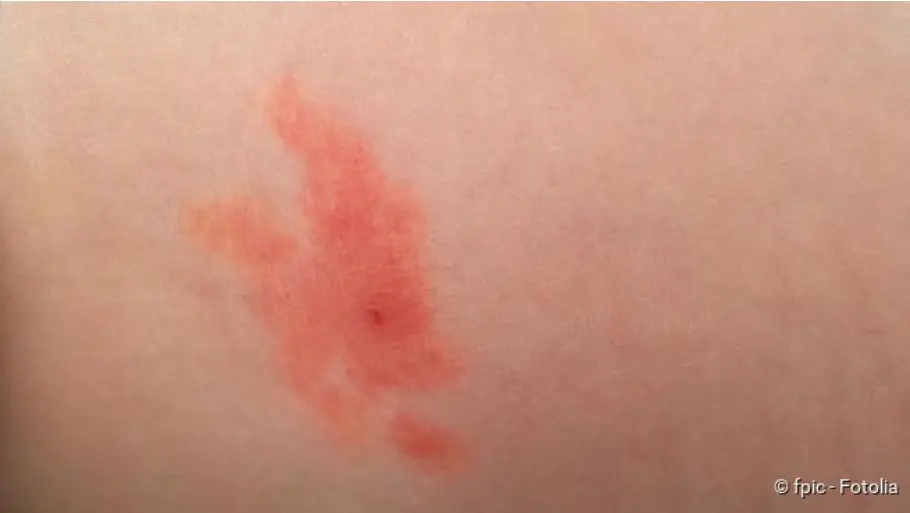
Inflammation after insect bites is mainly caused by people scratching the itchy bite. Children, in particular, cannot suppress the scratching and therefore more often than adults have inflamed insect bites (e.g. inflamed mosquito bites). Scratching open wounds, into which bacteria can penetrate and thus cause inflammation. But the insect bite itself can also cause inflammation.
An insect bite inflammation is characterized by pus being visible at the site of the bite and the lymph nodes of the affected limb or neck being swollen. In addition, the swelling, pain, and redness at the bite site are more severe than in a normal reaction to the sting. An inflamed insect bite can cause the following clinical pictures in the further course of the disease:
- Impetigo (superficial skin inflammation)
- Phlegmone (inflammation of the connective tissue)
- Folliculitis (inflammation of hair roots)
- Lymphangitis (inflammation of the lymphatic system, “blood poisoning”)
You should always have insect bite inflammations treated by a doctor!
Sepsis After Insect Bites
If an insect bite (such as a mosquito bite) becomes inflamed, “blood poisoning” (sepsis) can develop. This is a complex inflammatory reaction that affects the entire body and is caused by pathogens that spread throughout the body. Symptoms include high fever (often with chills), accelerated breathing, accelerated pulse, confusion, and poor general condition.
Blood poisoning from insect bites is rare, but should not be underestimated. There is a danger of life with every sepsis! If blood poisoning by mosquito bites, wasp bites, or other insect bites is suspected, the patient must, therefore, be taken to hospital immediately. There he will be carefully monitored and treated appropriately – often with medication against bacteria (antibiotics) because sepsis is usually caused by bacteria. Rapid treatment of insect bite inflammation with subsequent blood poisoning can be life-saving.
